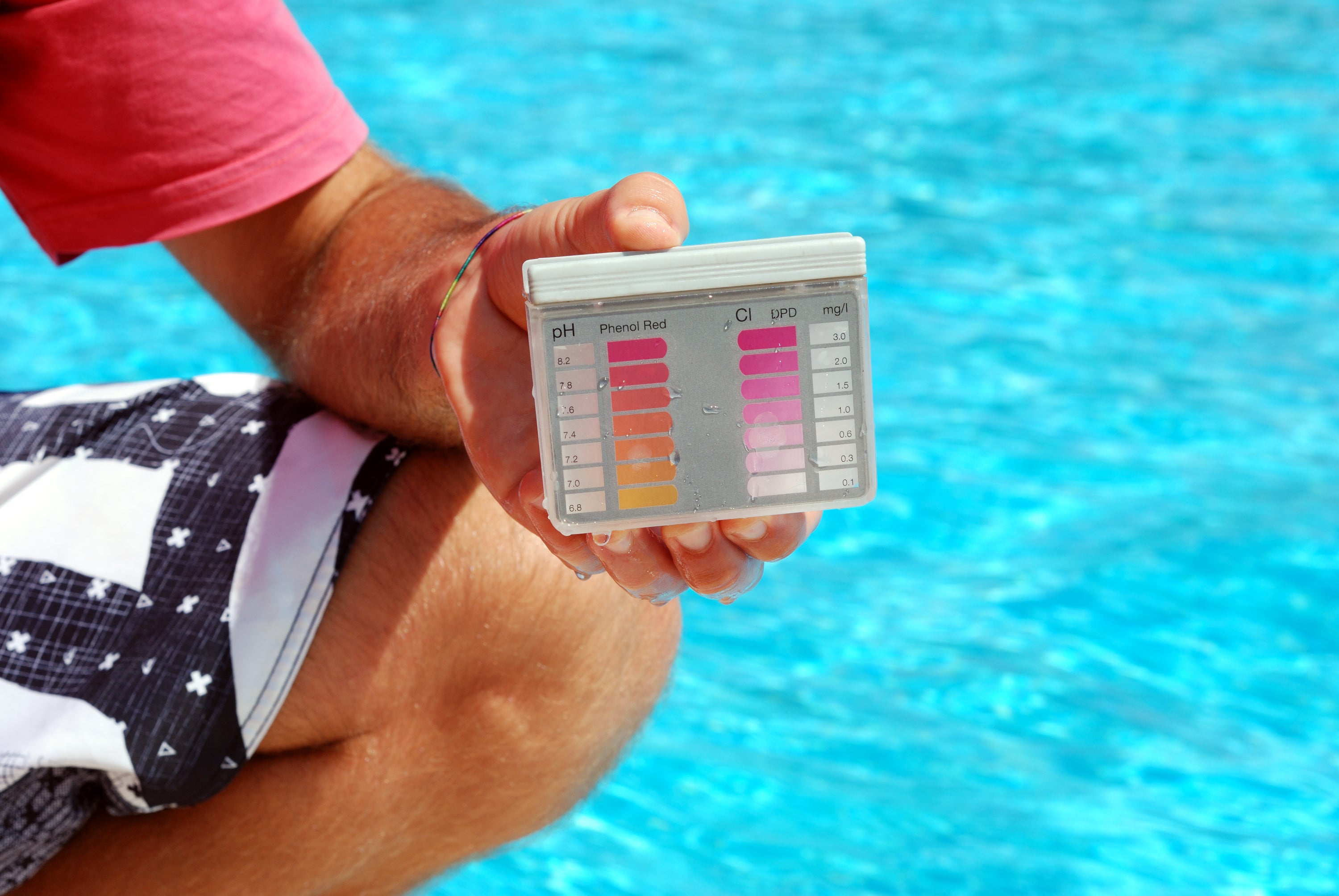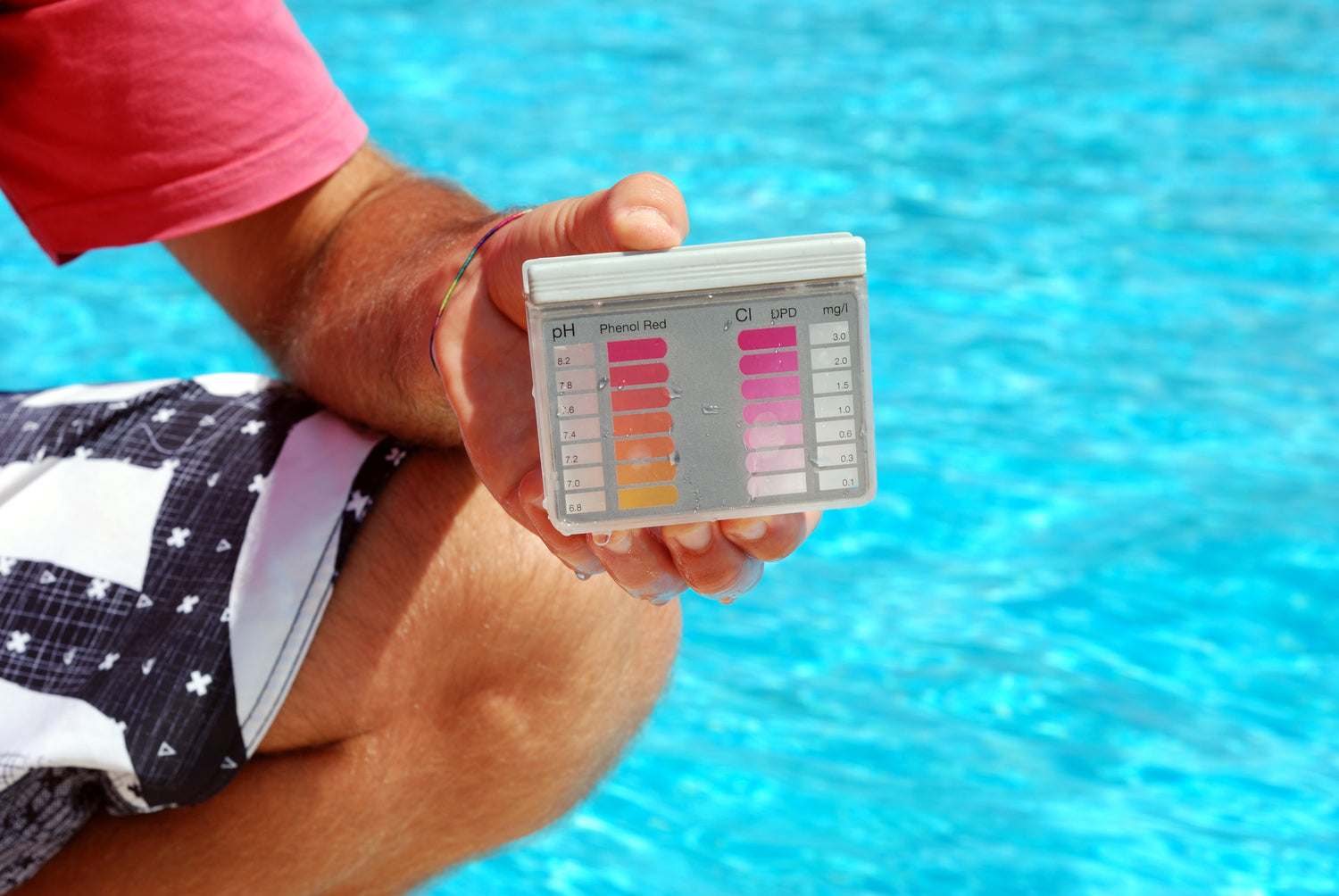When the weather gets warmer, it means it’s time to get your pool ready for use again. While now is a great time to pull out your floats and water games, there’s something else to consider – the water.
It is important to test the water regularly to check the pH balance and chlorine levels, along with the levels of calcium, iron, phosphates, and potential contaminants. Not only do these substances lead to murky water, but they can also damage your pool and anything you put in the water.
There’s good news, though. Testing your pool water is simple, especially if you know what to do.
The Importance of Pool Water Testing
It is essential to test your pool water regularly. If you fail to do this, there’s no way to know what is actually in the water. Even though trace levels of certain contaminants may not seem like a big deal, they can cause bigger issues as time passes. If you want to avoid potential problems, testing your water often is a must.
The first thing required is a water sample. To ensure an accurate reading, follow these steps:
- Use a clean cup
- Dunk the cup elbow deep, near the center of the pool
- Fill the cup
After you have your sample, you can test it with strips, taking it to a professional service, or using a liquid test kit.
Common Contaminants to Test Your Pool For
Some water contaminants are more damaging than others, which means testing for these is more important. Not only can these contaminants damage the pool itself, but also your pool games, floats, and more. They may even cause problems for your skin and health.
Copper
If copper builds up in your pool, it can cause the water to appear cloudy. It may also develop a greenish hue. This happens because of copper in the tap water becomes more concentrated as the water evaporates. It may also occur when copper elements of your pool filter or plumbing have started to corrode.
Iron
Does your water look rust-colored or brown? If so, it is a sign of high levels of iron. Sometimes, iron levels increase due to low pH levels.
Calcium
If you notice calcium buildup on the faucets in your home, then your pool pump and the filter will have this issue, too. Because of this, you must maintain balanced calcium levels. If the levels are too high, the water may appear cloudy. However, if they are too low, the concrete surfaces of your pool will begin to pit and dissolve. Calcium buildup can also cause serious and irreparable damage to your floats and other pool accessories.
Keeping Your Pool Water in Ready to Swim Condition
If you want to ensure that your pool is always ready to enjoy, make sure you test the water often. This is also going to help ensure no other issues arise and that no type of damage occurs. In the long run, testing the pool water will help you save time and energy.





